I don’t use my Xbox as much as I should, especially considering I shell out the best part of 15 quid a month for Game Pass. It’s a cosy RPG machine, for those times when I need the comfort of my sofa and some ‘switch off’ gaming.
Because of this, sometimes I go a while without switching it on and loading up a game. Let’s face it, I’m a PC gamer at heart (and I do get some use out of my Ultimate sub on PC). But last month, as I bought and installed Dragon Age: The Veilguard – the perfect console game for my tastes – I realised that my Series X was still holding onto my progress from games I hadn’t touched in months.
How Does Quick Resume Even Work?
My Xbox had saved my progress from where I’d left Prince of Persia: The Lost Crown after I’d checked out the new DLC a month earlier – impressive, but not amazing. I fully closed the game to start up The Veilguard, and enjoyed playing through the brainless action combat and making minor decisions that didn’t affect the plot or world in any way. What can I say, I just love Dragon Age, whether it’s good, bad, or somewhere in the middle.
However, it was when I came to install Stalker 2: Heart of Chornobyl that I really noticed how good Quick Resume is. This is a meaty game, taking up 140 of my precious gigabytes, so I had to uninstall some old RPGs in order to get it on my hard drive. Sorry, Dragon’s Dogma 2. Sorry, Yakuza: Like A Drag- wait a minute.
I haven’t played Yakuza: Like A Dragon in at least six months, maybe more. I was trying to play through the whole game in January ahead of the release of Infinite Wealth, failed, and carried on until I got stuck against some especially grindy part in the sewers. Still, I enjoyed what I had played and felt a little guilty about uninstalling before finishing it. That’s the nature of this job, though, having to constantly pivot away from unfinished games because something newer has been released, something that everyone wants to read about instead of a four year old title that’s been eclipsed by its successor.
To my amazement, though, as I went to uninstall the JRPG, I realised that my Xbox was still holding my current save, suspended in the cloud for me to jump back in at my earliest convenience. So I did just that.
Like A Dragon loaded up instantaneously. I dove back into a couple more battles, levelled up, and uninstalled it. Stalker 2 is downloading as we speak. But that doesn’t take away from the fact that Xbox held this data through dozens, if not hundreds, of power downs, through console updates, through everything. My save was still waiting for me to return. It almost made me feel bad about immediately uninstalling the game. Almost.
But It’s Not Perfect
I remember the days when booting up a game took minutes, when leaving your house to enter the wider world triggered a 30-second loading screen. Those older than me will remember minutes of beeps and boops as they booted up their ancient devices. Those even older than that will have had to replace their own strings on their balls and cups.
I’m convinced that Quick Resume is witchcraft. I know that modern consoles are powerful beasts – I can tell as much from how beautiful the games look on my 4K telly – but this one, specific function is astonishing. I don’t understand how the console can save my progress even when it’s off, to instantly load it up on restart? Is it cloud-based? Is it not really turned off? What about when it updates?
My only annoyance with the whole system is that it doesn’t work for all games. Now that games like Dragon Age: The Veilguard have a completely unnecessary always-online component, they often require me to restart even if the console has tried to suspend my gameplay.
I get it with games like Space Marine 2, which have online components, but it just seems unnecessary for single-player affairs. When Xbox has given us a glimpse of just how quick jumping back into games can be, waiting the 30 seconds for a game to load up again feels like an age.
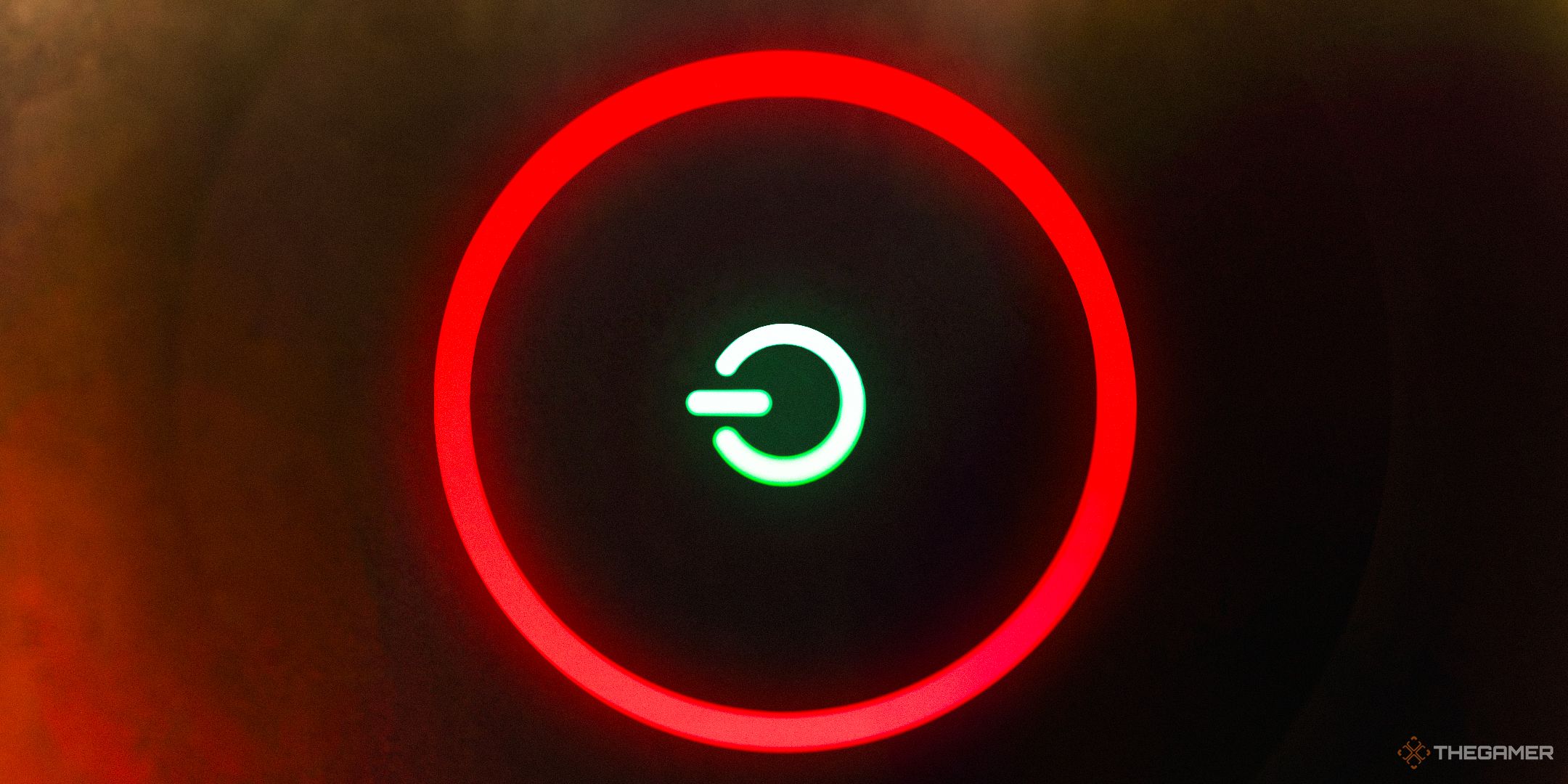
Next
Do You Think There’s Any Hope For Xbox Supporting Physical Games Going Forward?
Fan groups are pleading with Microsoft not to abandon those who prefer physical copies of their games. But it’s becoming dramatically apparent that, save for limited runs of certain titles, Xbox doesn’t have much future in the on-disc sphere. Is there any chance that leadership goes back on this maneuver if folks are loud enough? I’m thinking nah, but I guess you never know…
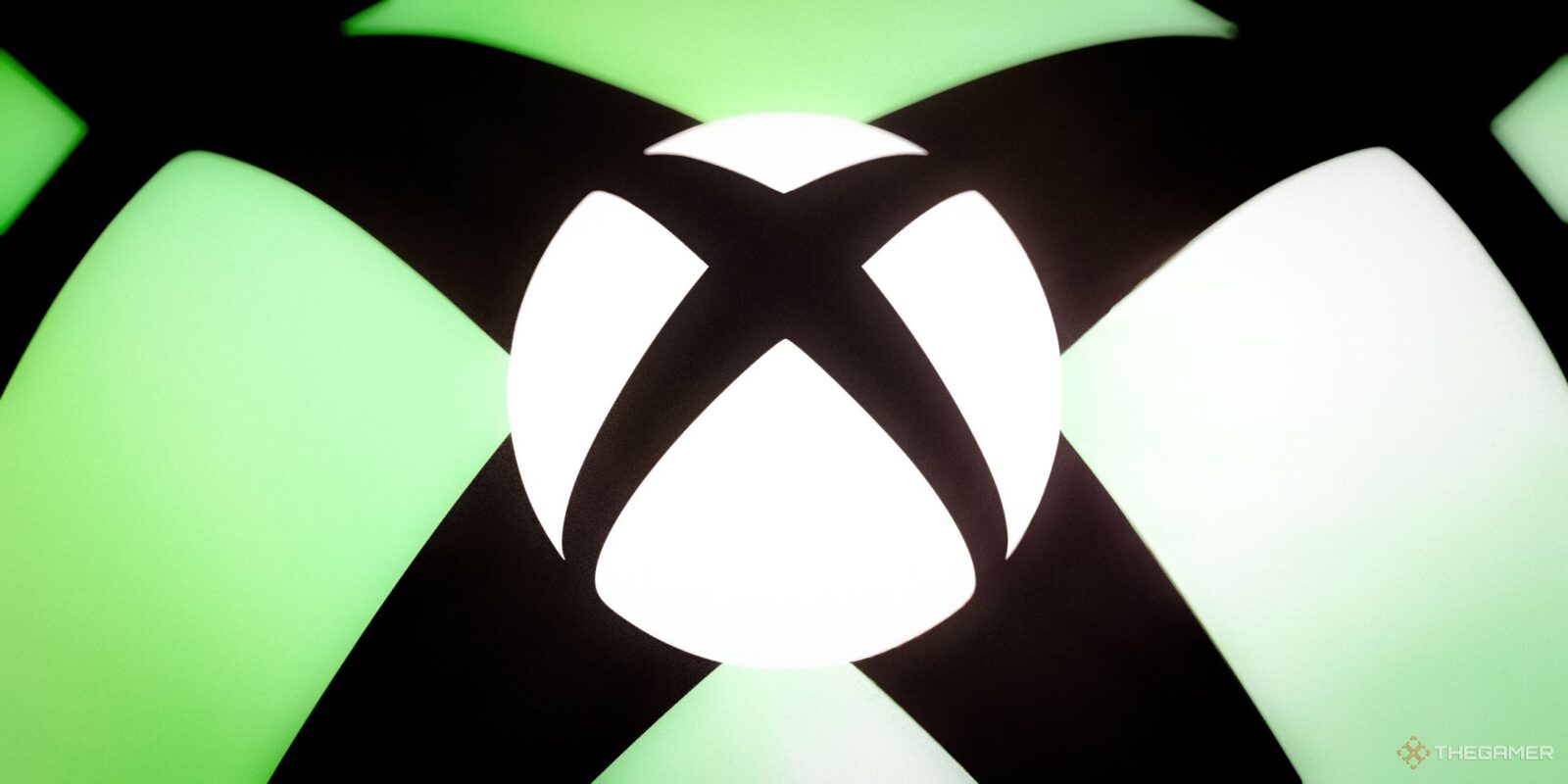

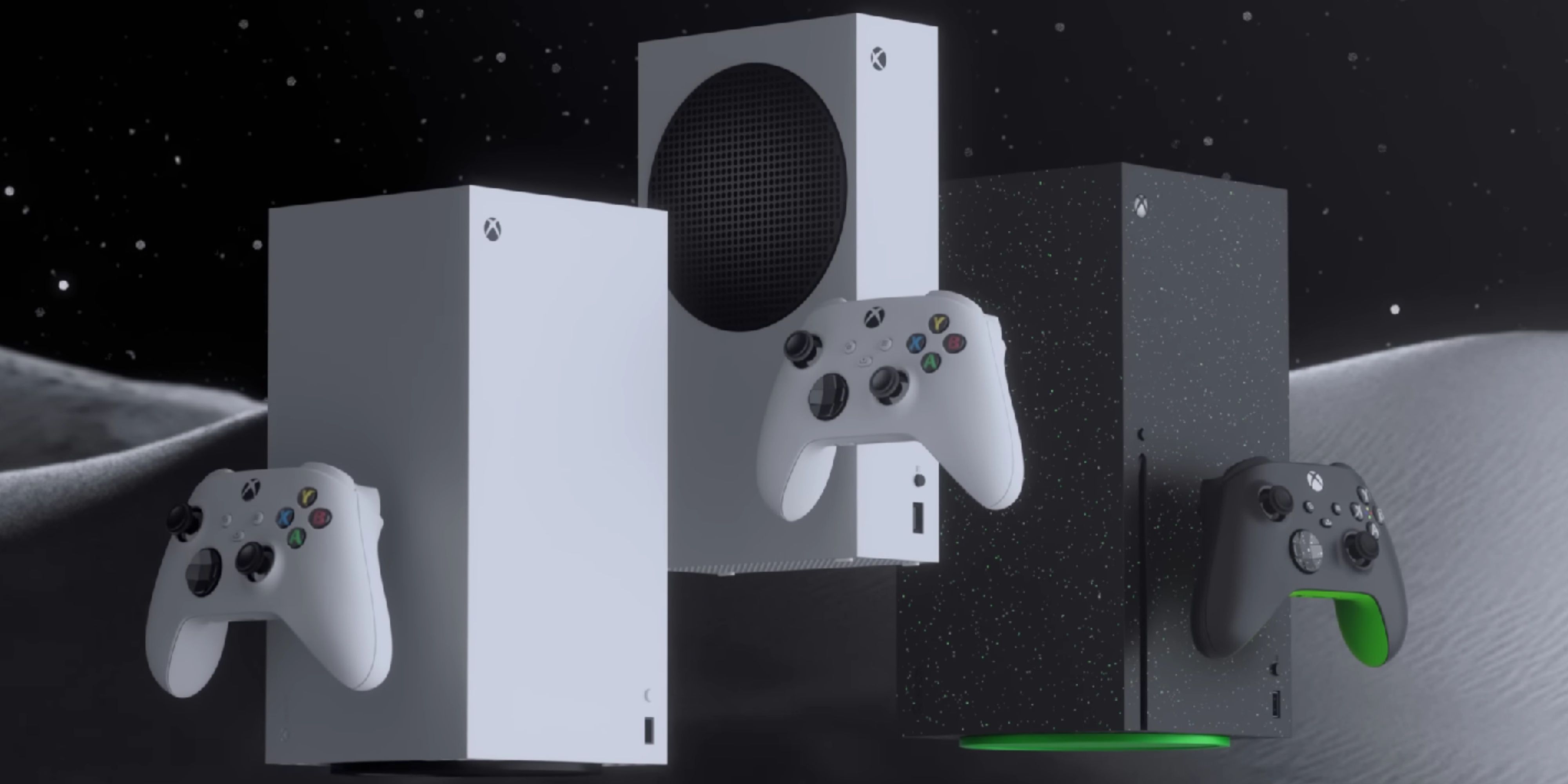
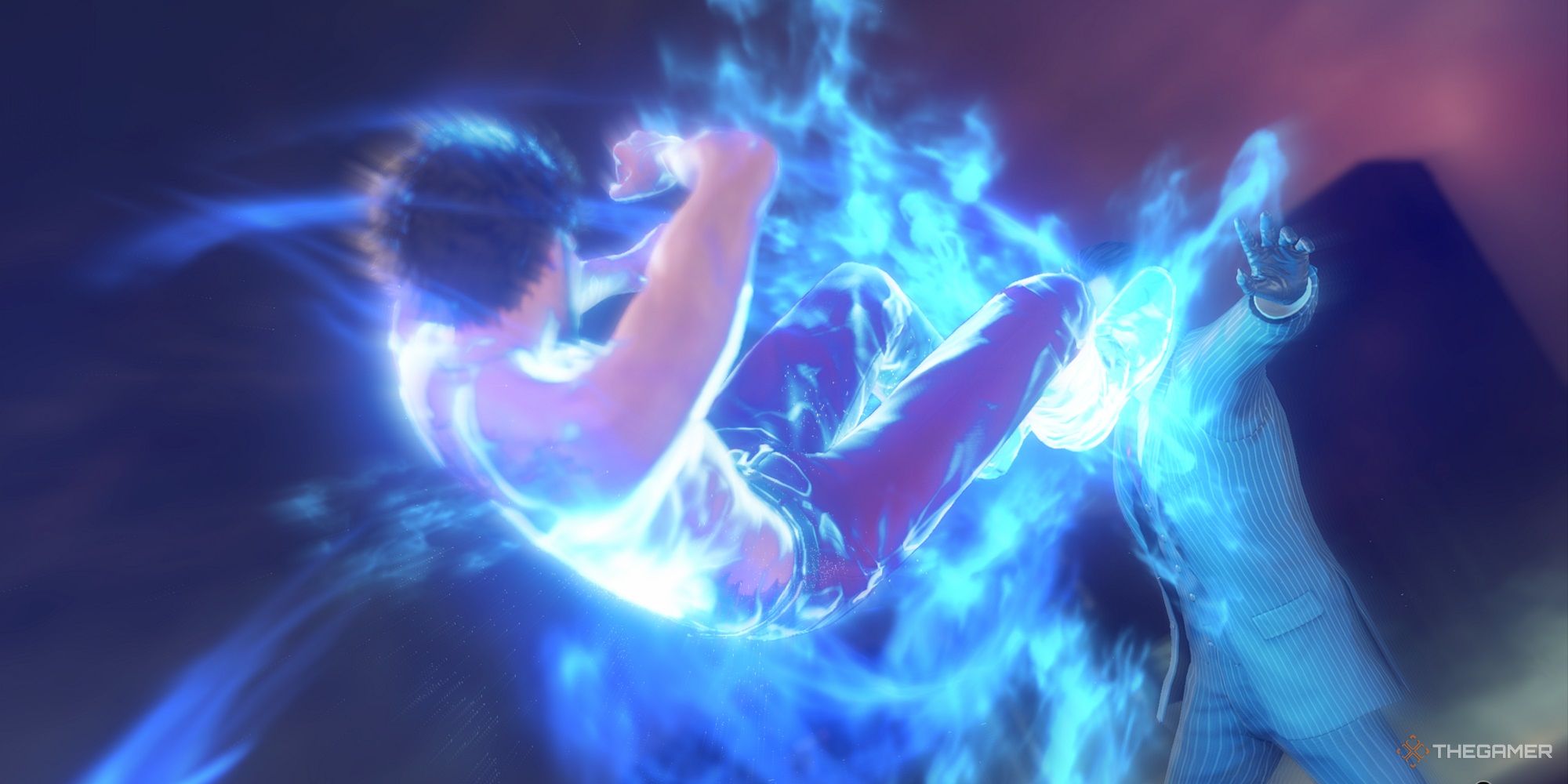

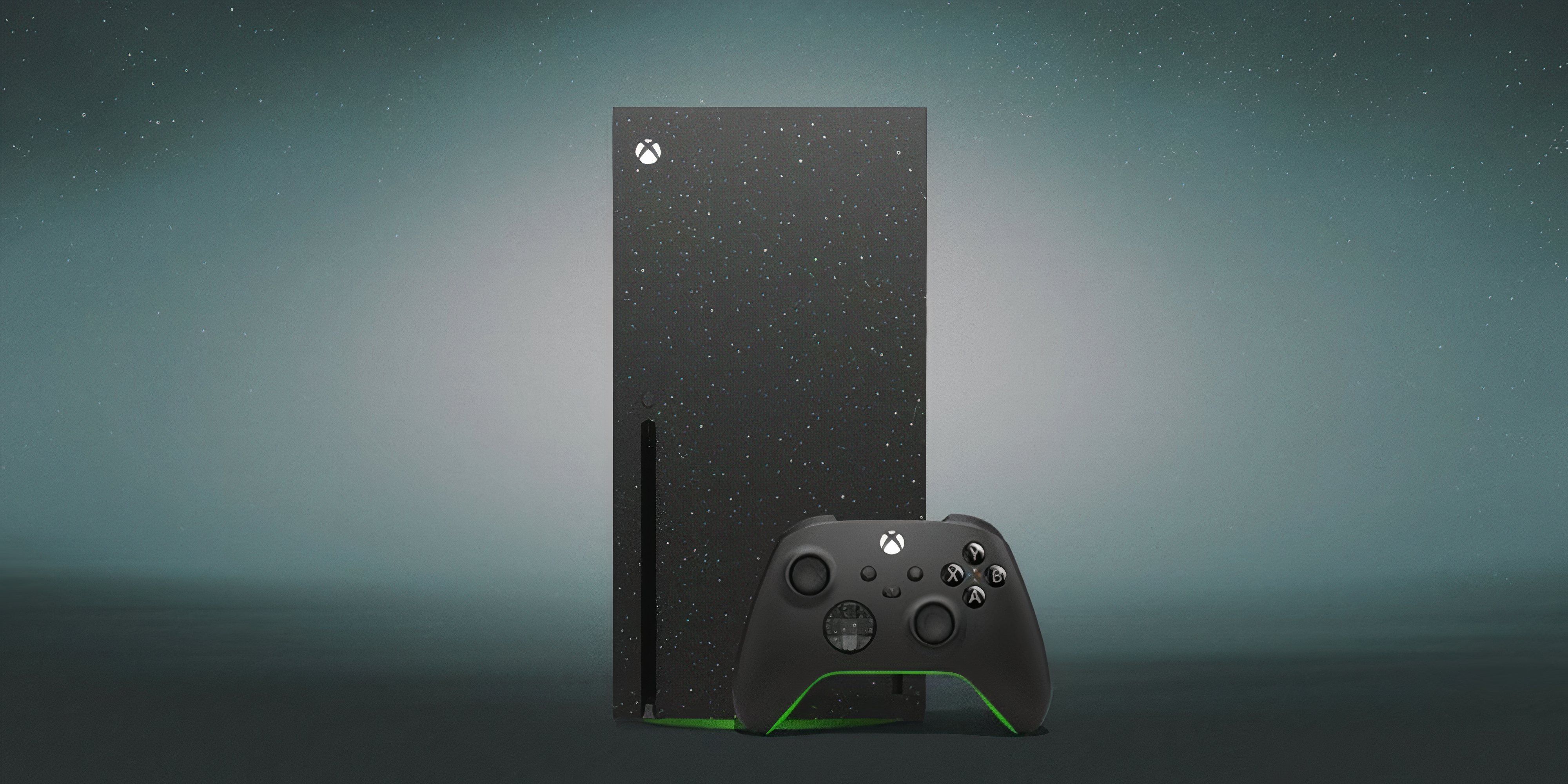









Leave a Reply